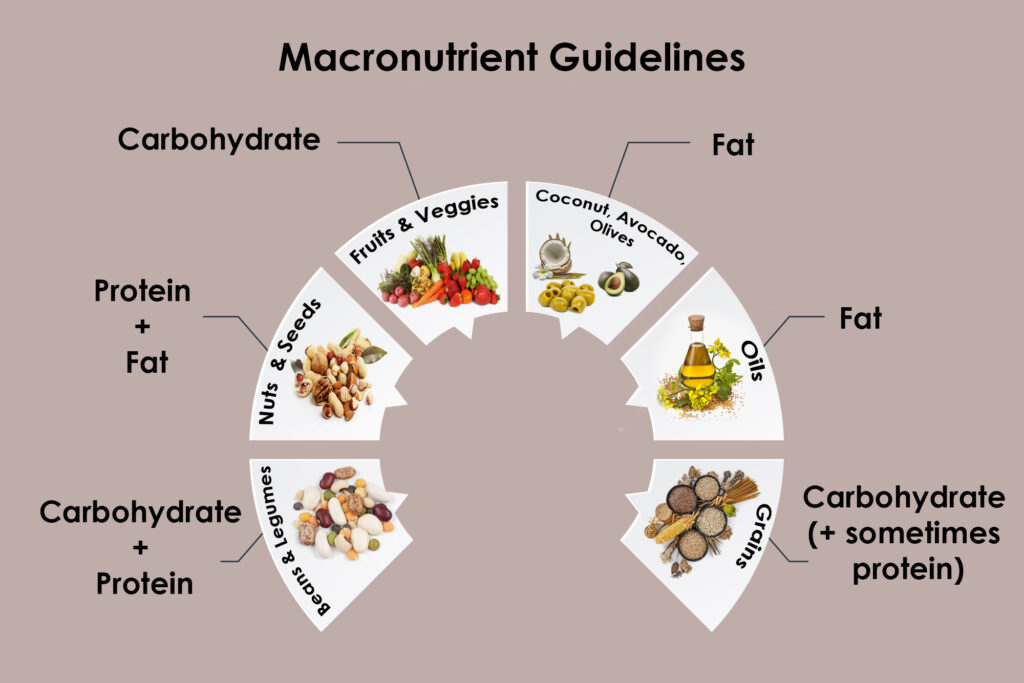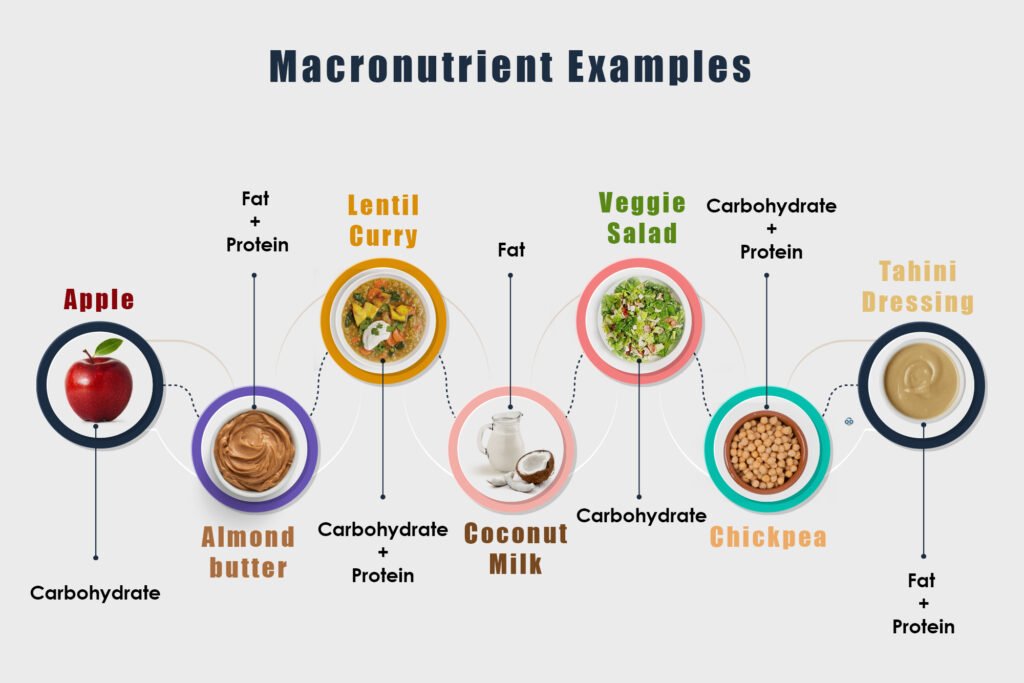These days it is common to see bloating, diarrhea, heartburn, acid reflux, constipation, nausea, and many other symptoms. We blame it on our genes or lifestyle…. isn’t it?
Before getting into nutrition and digestion, I want to take a moment to address the biggest contributing factor to any illness, which is stress. Stress comes in many forms. We most often think of mental and emotional stress but stress also includes everything from environmental and physical stress to chemical, nutritional, and electromagnetic stressors.
Stress includes any force that disrupts our homeostasis, or the balance of our body. When the body is under stress, it reacts by creating a nervous system and adrenal gland response. Chronic stressors result in the continual release of stress hormones, which can be categorized as catecholamines or corticosteroids. These hormones affect our health in many ways. The first way they affect our body is by shutting down our digestive secretions. This results in a lack of blood flow to our tissues and a lack of nutrients and oxygen needed to maintain a strong gut tissue. Chronic stress also reduces the body’s ability to produce hydrochloric acid, an acid in our stomach needed to digest our food.
Stress affects our bodies by increasing nutrient turnover. When our body is under stress, nutrients get used quicker, which results in an increased demand for nutrients, especially B vitamins and antioxidants. This means that without higher amounts of nutrients, our digestive system and other systems of our bodies may not be getting the nutrients they need to function. Antioxidants and B vitamins are both needed for digestion. It is important that we increase our intake of vitamins, and work on reducing stress to reduce the need for excess nutrients in our bodies. Stress also contributes to several digestive health concerns, including constipation, diarrhea, candidiasis, dysbiosis, and leaky gut.
Although, proper nutrition can have a profound effect on our health, and to fully recover from it, we should ensure that we address chronic stressors in our lives and get to the root cause of our health conditions.
Now that we have a better understanding of stress and how it affects our body, we can start to understand the basics of proper digestion.
3 DIGESTION BASICS THAT WILL CHANGE YOUR LIFE
With the hustle and bustle of our modern society, many of us have forgotten how to eat properly. Digestion begins in our mouth and is not only affected by what we eat but by how we eat as well.
1. Slow Down
The most important part of eating is to relax and slow down. By reducing the speed at which we chew, we can ensure our food is broken down into the smallest form possible, which will help our digestive system later on and allow us to absorb the highest amount of nutrients from our foods. Chewing slowly also allows for the release of the enzyme amylase, which is found in our saliva and begins the process of digesting starches.
2. Liquid Consumption
Reduce your consumption of liquids around mealtimes. Drinking excess water and fluid before, during, and after a meal dilutes our digestive juices. Taking a few sips of liquid throughout your meal is good, but avoid drinking a large amount before, during, and after your meal. Additionally, cold water can actually stall your digestion, so it is best to drink room temperature water and drinks when possible.
3. Listen to Your Body
We have become very out of tune with our own bodies. Many of us eat in a distracted state, whether that’s in front of our computer, phone, tv, or in a rush and on the go. We are often not fully present and attentive.
Listen to your body for cues that you are hungry or full. Overeating will add additional stress on your digestive system and leave you feeling uncomfortable. Eating slower helps us identify when we are full before we continue to eat.
To recap, slow down when eating. Take smaller bites, space out how often you take a new spoonful of food, and chew slower. Reduce your liquid consumption around meals. Take only a few sips of room temperature water to avoid diluting your digestive juices and stalling digestion. And lastly, avoid distractions when you are eating so that you can tune into your body and its natural cues.
Importance of Macronutrient Balancing for Digestion
Macronutrient balancing is a concept of ensuring that your snacks and meals contain all three of the macronutrients: fat, protein, and carbohydrates. These helps your body absorb fat-soluble vitamins, such as Vitamin A, which plays an important role in gut tissue health. The combination of fat and protein consumed with a carbohydrate also helps slow the absorption of sugars into our bloodstream, keeping our blood sugar balanced. As a bonus, it also helps us feel fuller for longer.
Blood sugar balance plays a role in our digestive health. Our digestive system relies on hormones produced in our endocrine system and pancreas. If our blood sugar is often out of balance, it will affect the important digestive hormones and pancreatic enzymes needed to digest our food. Aim to incorporate a lean protein, healthy fat, and complex carbohydrate into your meals and snacks to keep your blood sugar stable, help your body absorb fat soluble vitamins, and stay full and satisfied for longer.
All of the snacks and recipes in this e-book are macronutrient balanced. You will find that many foods actually contain two of the three macronutrients. For example, nuts and seeds contain both healthy fat and protein. Once you get into the routine of macronutrient balancing, it becomes second nature. To give you a better idea of how macronutrient balance your meals, Indian meals are best example of balanced macronutrients. I have listed some simple examples and guidelines on the following page.


Nutrients for Digestion
Vitamin A
Vitamin A works to maintain and restore the integrity of all the mucosal surfaces across our entire gut lining. It is important for the repair of tissues and protection from infection. Vitamin A is a fat-soluble vitamin and is best absorbed with the addition of fats. Sources of Vitamin A include sweet potato, pumpkin, squash, carrots, spinach, kale, swiss chard, collard greens, red peppers, broccoli, zucchini, tomatoes, peas, romaine lettuce, dried and fresh apricots, mango, cantaloupe, and tofu.
Zinc
Zinc is required by our body to produce and release digestive enzymes, which are needed to break down and absorb the nutrients from our food. Zinc is also essential in wound healing and the repair of our intestinal lining. Sources of zinc include tahini and sesame seeds, pumpkin seeds, chia seeds, hemp hearts, pine nuts, cashews, pecans, almonds, brazil nuts, cocoa and dark chocolate, oats, quinoa, chickpeas, lentils, lima beans, kidney beans, tofu, kelp, peas, mushrooms, spinach, asparagus, avocado, zucchini, broccoli, dried and fresh apricots, prunes, blackberries, and pomegranate.
B Vitamins
B vitamins include vitamin B1 or thiamine, vitamin B2 or riboflavin, vitamin B3 or niacin, vitamin B5 or pantothenic acid, vitamin B6 or pyridoxine, vitamin B9 or folate, and vitamin B12 or cobalamin. B vitamins are needed to enhance the mucous membranes in our intestinal system and help build nerve tissues. B vitamins also support our enteric nervous system, which helps keep our bowels functioning properly and aids in the elimination of stool. Some of the B vitamins, especially vitamin B5 are important in supporting the adrenal glands and help counteract stress, which we know affects our digestive health.
Sources of B vitamins include sunflower seeds, sesame seeds and tahini, almonds, hemp hearts, spinach, dark leafy greens, mushrooms, cauliflower, asparagus, peas, avocado, nutritional yeast, lentils, chickpeas, and beans.
Omega 3
Omega 3 fatty acids help influence the diversity of the microbes in our microbiome. We need a diversity of beneficial microbes in our gut to support our entire body and digestive system. Sources of Omega 3 include flaxseeds, chia seeds, hemp hearts, pecans, pine nuts, walnuts, tofu, spinach, brussels sprouts, squash, spirulina, flax seed oil, olive oil, and avocado oil.
Glycine
Glycine is an amino acid that protects the barrier in our mucosal lining, regulates inflammation in our gut, and improves the function of our intestinal tract. Glycine and glutamine are the two most important nutrients needed to repair damage to our intestinal wall, such as the leaky gut. Sources of glycine include spinach, cabbage, beans, chickpeas, and lentils.
Glutamine
Glutamine is another amino acid and is important in repairing our intestinal wall lining and in the recovery from leaky gut. Glutamine specifically provides support to synthesizing new RNA and DNA so that the cells in our intestinal system can multiply and recover. It also boosts antioxidant status and cell volume. Sources of glutamine include cabbage, beets, beans, chickpeas, and lentils.
Antimicrobials
Our gut microbiome consists of trillions of microbes, including bacteria and yeasts. Beneficial microbes have many positive effects on the body, including the production of certain B vitamins and vitamin K, the production of digestive enzymes, the absorption of minerals, the breakdown of toxins, and the modulation of our immune system. When our beneficial and harmful microbes become unbalanced, we will experience a profound impact on our digestion and a weakened immune system.
To ensure our microbiome is balanced, we can increase our beneficial bacteria in our diet through probiotics, eliminate elements that harm our beneficial bacteria, such as additives in processed foods, antibiotics, and alcohol, and reduce foods that support the growth of harmful bacteria, such as refined sugars and carbohydrates. We can also increase antimicrobials in our diet that have anti-bacterial and anti-fungal properties, which will reduce the amount of harmful microbes in our bodies.
Some sources of foods that contain anti-bacterial and anti-fungal properties include garlic, coconut oil, ginger, and turmeric.
Probiotics
As mentioned above, our microbiome is responsible for many aspects of our digestion. Probiotics help increase the number of beneficial bacteria in our microbiome, which over time reduces the amounts of harmful bacteria. Probiotics assist in manufacturing some minerals, including B3, B5, B6, and B12. They break down toxins which aid in detoxification. Probiotics enhance bowel function, add bulk to the stool, and regulate bowel movements. They also prevent inflammation in the gut. Probiotics increase the production of digestive enzymes which allows our body to digest food better and increase the absorption of vitamins and minerals.
When people say that health starts in the gut, they are talking about the trillions of microbes that are responsible for the health of our entire body. Increasing probiotics in our food are one of the best ways to ensure our gut microbiome is balanced with beneficial bacteria.
Sources of probiotics include coconut milk kefir, yogurt (ensure your yogurt is unsweetened), raw sauerkraut, kimchi, fermented carrots or other vegetables, and kombucha (again, ensure your kombucha is unsweetened).
Prebiotics
Prebiotics are indigestible plant fibers that probiotic bacteria need to thrive. They can be considered food for probiotics. By incorporating prebiotic foods into our diet, we can ensure that our probiotics and beneficial bacteria have everything they need to survive and populate our microbiome. Prebiotic sources include bananas, onion, garlic, legumes, honey, and artichokes.
CONCLUSION
Nutrition is extremely personal and individualized based on your specific nutritional needs, goals, and health. Digestion is the core of our body and if it’s hampered, our health suffers. Make sure you focus on “How to eat”, and “What to eat” and listen to your body. If you follow these basics with macronutrient balancing and including all micronutrients essential for digestion, you will see a boost in your health and digestion.




